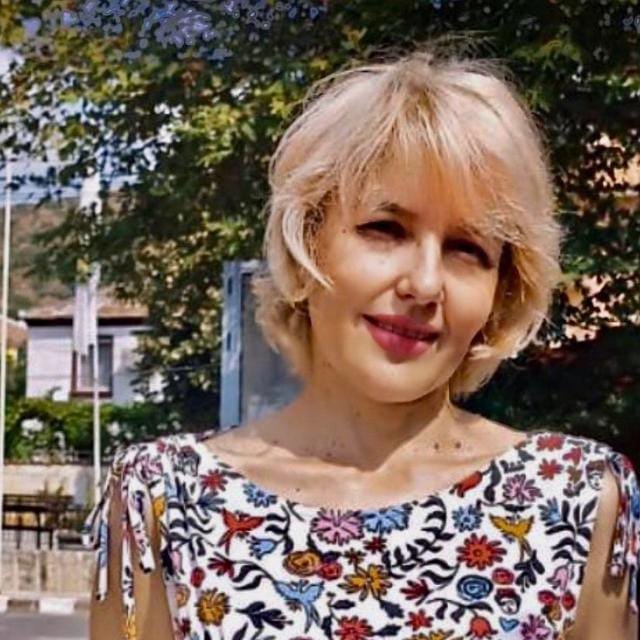BAKU, Azerbaijan, June 27. By the time COP29 rolls around, we should have seen substantial choices and ideas about sustainable waste management that prove their financial feasibility, United Nations Resident Coordinator in Azerbaijan Vladanka Andreeva said at the Green World Solidarity: Waste to Value for Sustainable Future International Forum in Baku, Trend reports.
“Excellencies, Distinguished Participants:
It is my great pleasure to join you for the International Forum on
Green World Solidarity: Shifting from Waste to Value for a
Sustainable Future. I appreciate the forward-looking spirit of the
Forum – as evident in the title of this event.
Over the last few months, in different fora, we have been
discussing the importance of collective actions that need to be
undertaken urgently to limit global temperature rise to 1.5
degrees.
To stay within that limit, and achieve Paris Agreement's targets,
the global greenhouse gas emissions need to be cut by 43% by 2030,
from 2019 levels, aiming for net-zero CO2 emissions by 2050.
In 2022, the waste sector contributed approximately 23% of global
methane emissions and 5% of nitrous oxide emissions, both potent
greenhouse gases. These emissions largely stem from waste generated
by production, consumption, and landfills.
As we prepare for COP29 in Baku this November, this Forum offers a
timely opportunity to advance sustainable waste management and
explore economic opportunities in waste-to-value
transformations.
Distinguished Participants:
A circular economy—where we share, lease, reuse, repair, refurbish,
and recycle materials and products for as long as possible—reduces
waste to a minimum.
So, how can we minimize waste and enhance circularity in our
economies and lives?
By shifting from a linear model of "take-make-dispose" to a
regenerative approach that prioritizes restoration and regeneration
of products, materials and energy.
Adopting circular models requires strong institutions to implement
integrated policies and create incentives for recycling and
reuse.
Technological advancements today allow us to significantly reduce
waste, but we need more investment in waste recycling
processes.
Crucially, greening the demand side is essential. Changing
behaviors among institutions, business and households is key to
improving resource efficiency, reducing waste, and minimizing
pollution.
Distinguished Participants:
The UN commends the Government of Azerbaijan’s efforts to enhance
waste management. However, with economic growth and increased
consumption, waste volume has steadily risen.
The UN, through UNEP and UNIDO, is collaborating with Azerbaijan on
projects like debris management in Karabakh and promoting circular
production models with the private sector.
Last year, UNECE completed the Third Environmental Performance
Review of Azerbaijan, offering recommendations on managing solid
waste, wastewaters, industrial and chemical waste, household waste,
and emphasizing integrated strategies.
I hope the policy recommendations from this Forum will support
Azerbaijan’s transition to a circular economy and sustainable waste
management, creating positive momentum ahead of COP29.
The UN system in Azerbaijan stands ready and committed to
collaborating with the Government, private sector, and other
stakeholders to advance this transition effectively,” Vladanka
Andreeva said.
Stay up-to-date with more news at Trend News Agency's WhatsApp channel






